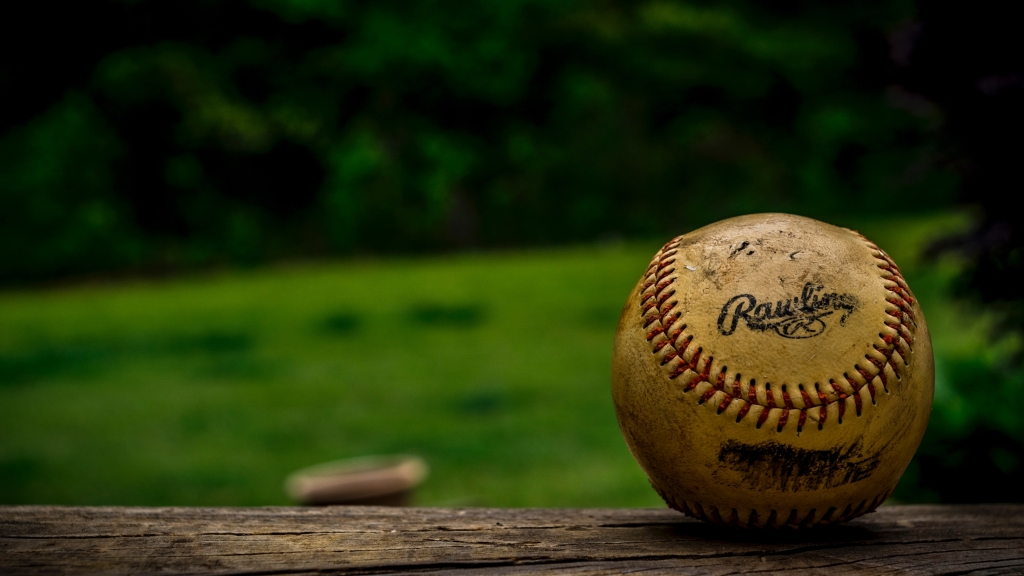In Antitrust Law, MLB is in a League of Its Own

In the 1992 movie “A League of Their Own,” Jimmy Dugan was the cranky and reluctant coach of a team of women intended to fill the cleats of male players who were serving in the U.S. Armed Forces during WWII. Played by Tom Hanks, Dugan famously bellowed, “There’s no crying in baseball!” This month, the Second Circuit U.S. Court of Appeals said there’s no Sherman Act in baseball, either.
The Second Circuit has rejected an antitrust challenge to Major League Baseball over its decision to shrink the farm league system. Minor league clubs said MLB colluded to break off their affiliations. Meanwhile, a team of Republican senators have introduced a bill to end MLB’s antitrust exemption, an advantage not enjoyed by other sports leagues. The senators oppose this “unequal treatment.”
The following text is from the Second Circuit’s summary order:
Appellants, businesses operating as the Staten Island Yankees, Norwich Sea Unicorns, and Tri-City ValleyCats, were Minor League Baseball teams affiliated with Major League Baseball (“MLB”) teams. MLB reorganized the minor leagues in 2020, including by eliminating Appellants’ affiliations with major-league teams. Appellants sued MLB, alleging that the reorganization constituted a “contract, combination[,] . . . or conspiracy, in restraint of trade or commerce among the several States,” in violation of Section 1 of the Sherman Act. 15 U.S.C. § 1. The district court (Carter, J.) granted MLB’s motion to dismiss, holding that “MLB’s antitrust exemption[] . . . shields MLB from [Appellants’] lawsuit.” In 1922, the Supreme Court held that “‘exhibitions’ of ‘base ball’ d[o] not implicate the Sherman Act because they d[o] not involve interstate trade or commerce.” Nat’l Collegiate Athletic Ass’n v. Alston, 141 S. Ct. 2141, 2159 (2021) (quoting Fed. Baseball Club of Balt., Inc. v. Nat’l League of Pro. Baseball Clubs, 259 U.S. 200, 208-09 (1922)).
This case created “something . . . like an antitrust exemption for professional baseball,” id., such that “professional baseball is not subject to the antitrust laws,” Salerno v. Am. League of Pro. Baseball Clubs, 429 9 F.2d 1003, 1005 (2d Cir. 1970) (Friendly, J.); see also Flood v. Kuhn, 407 U.S. 258, 282-85 (1972) (declining to overrule baseball’s “exemption from the federal antitrust laws”); Toolson v. N.Y. Yankees, Inc., 346 U.S. 356, 357 (1953) (same). Appellants concede that “these precedents . . . presently immunize MLB” against their claims. Appellants’ Br. at 37. And we must continue to apply Supreme Court precedent unless and until it is overruled by the Supreme Court. See Rodriguez de Quijas v. Shearson/Am. Exp., Inc., 490 U.S. 477, 484 (1989). We need go no further.
For the foregoing reasons, the judgment of the district court is AFFIRMED.
A team of Republican senators obviously feels strongly that MLB should not be held above the laws governing other organizations.
Sens. Mike Lee (R-UT), Marco Rubio (R-FL), Ted Cruz (R-TX), and Josh Hawley (R-MO) introduced a bill to repeal a “century-old judicially-created exemption” giving MLB “a unique advantage over other professional sports leagues when it comes to antitrust laws.” They say they want to promote “fair competition within baseball and ensure a level playing field for all teams and leagues…”
The Supreme Court’s 1922 opinion granted MLB an “exceptional legal status that is not enjoyed by any other major professional sports league in the United States.” They said it has “shielded baseball from the scrutiny of antitrust laws, impeding competition, and limiting the potential for innovation and growth within the industry.”
